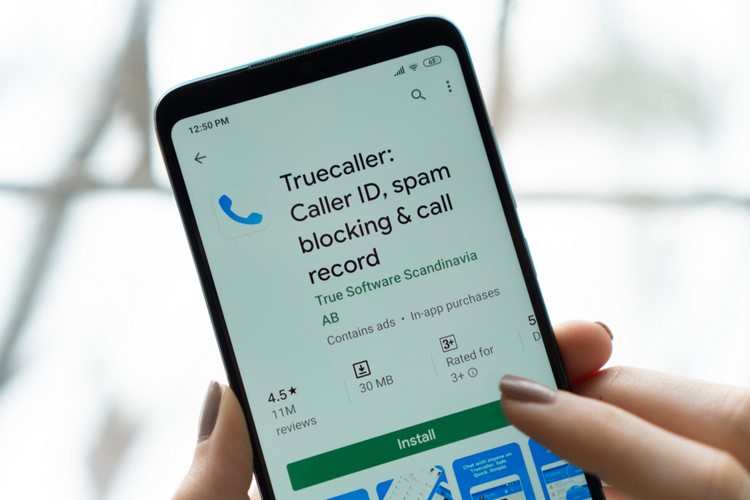Truecaller would now able to detect phone scammers in real time : Fine-tunes algorithms
What is fine-tune algorithms
Fine-tuning deep learning algorithms will help to improve the accuracy of a new neural network model by integrating data from an existing neural network and using it as an initialization point to make the training process time and resource-efficient. Fine-tuning, in general, means making small adjustments to a process to achieve the desired output or performance. Fine-tuning deep learning involves using weights of a previous deep learning algorithm for programming another similar deep learning process. Weights are used to connect each neuron in one layer to every neuron in the next layer in the neural network. The fine-tuning process significantly decreases the time required for programming and processing a new deep learning algorithm as it already contains vital information from a pre-existing deep learning algorithm.

Sweden-India Business Council, As per CEO said Truecaller will soon detect phone scammers and fraudsters in real-time. Truecaller is reportedly working to improve their spam detection methodologies. In a recent webinar organized by the
“What we have seen is an increase in scam calls. People who are claiming to be someone else from the bank etc … In times like these people are worried about their financial situation. You say what happened with Yes Bank in India. And then you have these bad actors who try to use the situation,” said Truecaller CEO Alan Mamedi.To make this possible, the company is “finetuning” their algorithms based on user reports to verify the legitimacy of the call. “These scammers need to be clever in order to survive. But we are trying to be five steps ahead.”
This way, Truecaller aims to reduce the number of financial frauds happening across the country through vishing (voice phishing). Voice phishing refers to impersonation done through social engineering techniques via voice calls for financial or identity theft.
While the idea sounds futuristic, it might come with its own privacy implications. For starters, since the technology works “real-time”, calls will be analyzed and processed as you speak in order to detect if it is from a malicious actor.
In Truecaller’s defense, Mamedi says all the data is stored and processed in Indian servers. “We did this even before the Data Protection Bill became a raging debate. Indians trust our brand. Being close to them adds to it. When data and servers stay close to customers the experience also comes faster.”, he added. With rampant phishing calls preying on the vulnerable during the ongoing period of uncertainty, Truecaller, arguably the world’s largest mobile phone community, has increased its security provisions and technological interventions to detect spammers and financial fraudsters in real-time.
 “We have seen a decline in telemarketing and sales calls and the simple reason is people are not working in the call centers. It's changing as work from home becomes popular and prevalent But what we have seen is an increase in scam calls,” said Alan Mamedi, CEO and co-founder, TrueCaller during a recent webinar organized by the Sweden-India Business Council (SIBC).
“We have seen a decline in telemarketing and sales calls and the simple reason is people are not working in the call centers. It's changing as work from home becomes popular and prevalent But what we have seen is an increase in scam calls,” said Alan Mamedi, CEO and co-founder, TrueCaller during a recent webinar organized by the Sweden-India Business Council (SIBC).
“What we have seen is an increase in scam calls. People who are claiming to be someone else from the bank etc … In times like these people are worried about their financial situation. You say what happened with Yes Bank in India. And then you have these bad actors who try to use the situation,” mentioned Truecaller CEO Alan Mamedi.To make this doable, the corporate is “finetuning” their algorithms primarily based on consumer studies to confirm the legitimacy of the decision. “These scammers need to be clever in order to survive. But we are trying to be five steps ahead.”






